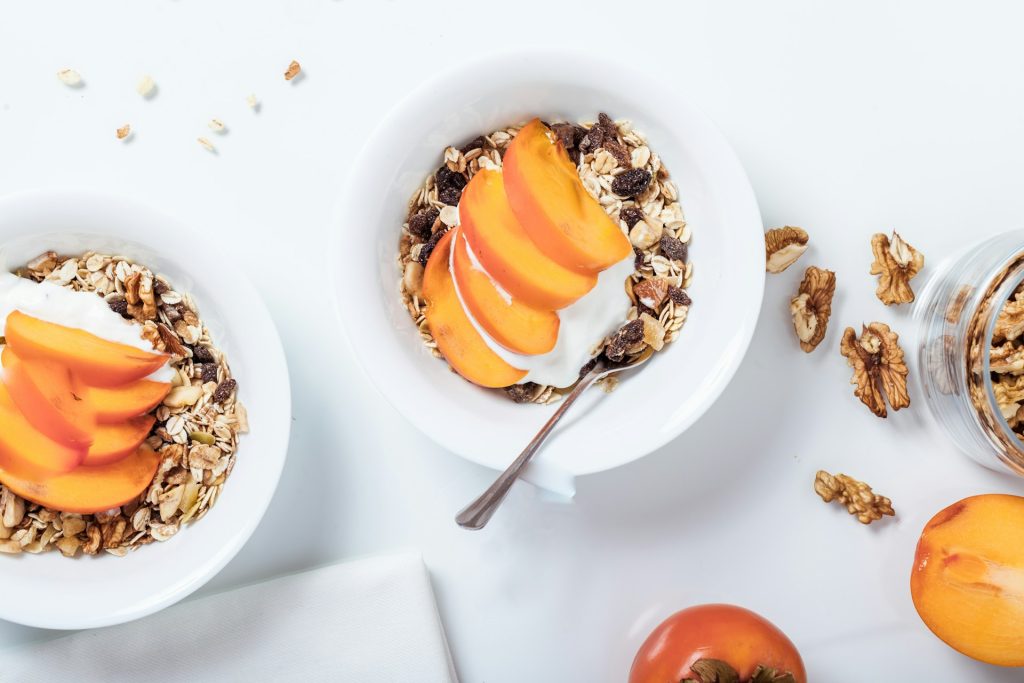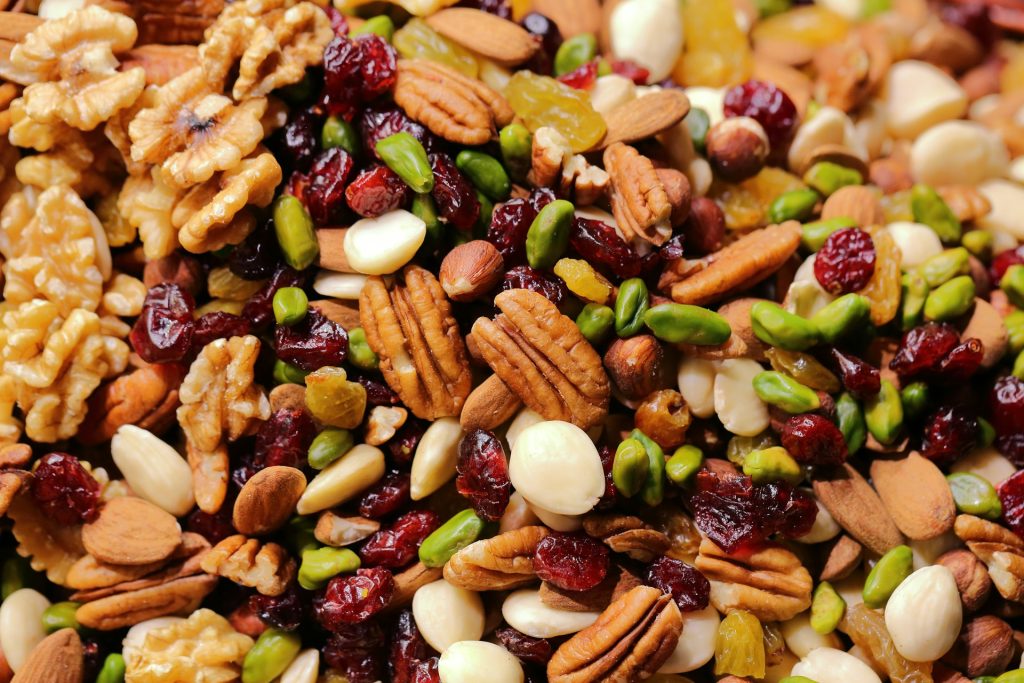In the ever-evolving world of nutrition, the term “functional foods” has gained momentum. But what exactly are these supercharged foods, and how can they enhance your health? Let’s explore what makes functional foods so powerful and how incorporating them into your diet can lead to a healthier, more balanced life.

What Are Functional Foods?
Functional foods are those that go beyond basic nutrition to offer additional health benefits. These benefits often stem from bioactive compounds, such as vitamins, minerals, antioxidants, and probiotics, that support the body’s systems and improve overall well-being. While all foods provide some level of nourishment, functional foods are particularly rich in nutrients that target specific health outcomes.
Examples of Functional Foods
Some of the most common examples of functional foods include:
- Berries (e.g., blueberries, strawberries): Packed with antioxidants that help combat free radicals and reduce inflammation.
- Fermented Foods (e.g., yogurt, kefir, kimchi): Rich in probiotics that support gut health and digestion.
- Oats: High in beta-glucans, which can help lower cholesterol levels and support heart health.
- Fatty Fish (e.g., salmon, sardines): Loaded with omega-3 fatty acids that are crucial for heart, brain, and joint health.
- Nuts and Seeds (e.g., chia seeds, flaxseeds): Contain fiber, healthy fats, and essential minerals to boost energy and promote heart health.

How Functional Foods Benefit Your Health
- Boost Immune Function Functional foods like citrus fruits, garlic, and ginger contain immune-boosting compounds that can help your body fend off illnesses. Incorporating these into your diet supports a stronger immune system and reduces the risk of infections.
- Improve Heart Health Foods rich in omega-3 fatty acids, such as fatty fish and flaxseeds, help maintain healthy cholesterol levels and reduce the risk of heart disease. Whole grains like oats are also known for their cholesterol-lowering properties.
- Support Gut Health Probiotic-rich functional foods like yogurt and sauerkraut enhance gut flora, which aids digestion and promotes a healthy gut microbiome. A balanced gut is crucial for nutrient absorption and overall wellness.
- Enhance Brain Function Functional foods like fatty fish, dark chocolate, and nuts are rich in nutrients that support cognitive health. Omega-3s, flavonoids, and vitamin E can help protect the brain and improve memory and focus.

Tips for Adding Functional Foods to Your Diet
- Start with Breakfast: Add berries to your morning oatmeal or yogurt for a nutrient-dense start to the day.
- Snack Smarter: Swap out processed snacks for nuts or dark chocolate to keep hunger at bay while adding health benefits.
- Incorporate Fermented Foods: Include a serving of kimchi or sauerkraut with your meals to promote gut health.
- Try New Recipes: Experiment with recipes that incorporate fatty fish or whole grains to make functional eating enjoyable and diverse.
Are Functional Foods Right for You?
While functional foods are beneficial for most people, it’s essential to consider your individual dietary needs and consult with a healthcare professional, especially if you have underlying health conditions. The best approach is to maintain a balanced diet that integrates functional foods alongside other nutritious ingredients.
Final Thoughts
Functional foods can be a powerful addition to any diet, offering unique health benefits that support everything from your immune system to your heart and brain. By thoughtfully incorporating these nutrient-rich options into your meals, you can create a diet that not only nourishes but also optimizes your health.
Are you ready to start harnessing the power of functional foods? Begin adding these supercharged options to your meals and enjoy the positive impact on your well-being.



